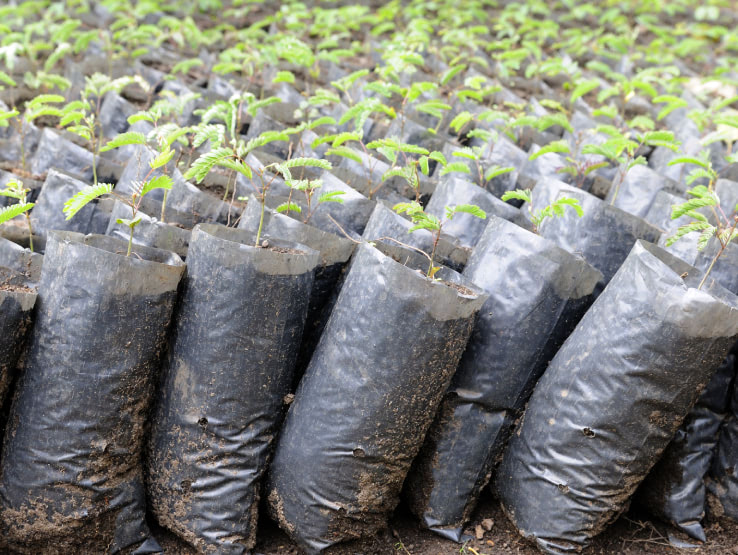East Sussex College is working towards being carbon neutral

East Sussex College (@WeAreESCG) is working towards becoming carbon neutral after joining a scheme to plant 6,000 tropical hardwood trees to offset its carbon emissions.
The College has signed up to the Mvula Carbon Capture Project, run by United Nations Association Eastbourne, to plant 5,000 Mvule trees (Melicia excelsa) and 1,000 fast growing ‘companion species’ (Terminalia superba and Maesopsis eminii) in Equatorial Uganda this year.
The Mvule tree, also known as Iroko, can capture an exceptional amount of CO2 over a period of 80 years, estimated to be 5 times that of an oak tree in the UK. Furthermore, scientists have shown that a significant part of the captured carbon is as a rock which means the captured CO2 is a long-term carbon sink.
The College Group calculated that it produces 5,786 tonnes of CO2 per year, so the initial batch of trees planted will comfortably offset the college’s emissions. It is expected within the next 20 years these 6,000 trees will capture at least 60,000 tonnes.
Rebecca Conroy, Acting CEO at East Sussex College said,
“This is a really exciting and important step for the college group as we take action to reduce our carbon footprint.
“Supporting this project means that we are doing our bit to make the changes we need for the good of our community and the planet, and help to replenish trees that are fast becoming an endangered species due to unsustainable logging.”
Along with offsetting emissions, the college has already made significant steps in reducing the amount of energy it uses. All of its campuses use energy-efficient bulbs, they have increased the number of recycling points across each campus, and last year, the college installed solar panels on the roof of the Ore Valley campus to provide up to 72% of the campus’ electrical power.
You can visit the UNA Eastbourne website for more details about the project and for the scientific evidence for the carbon capture rates for trees planted.











Responses